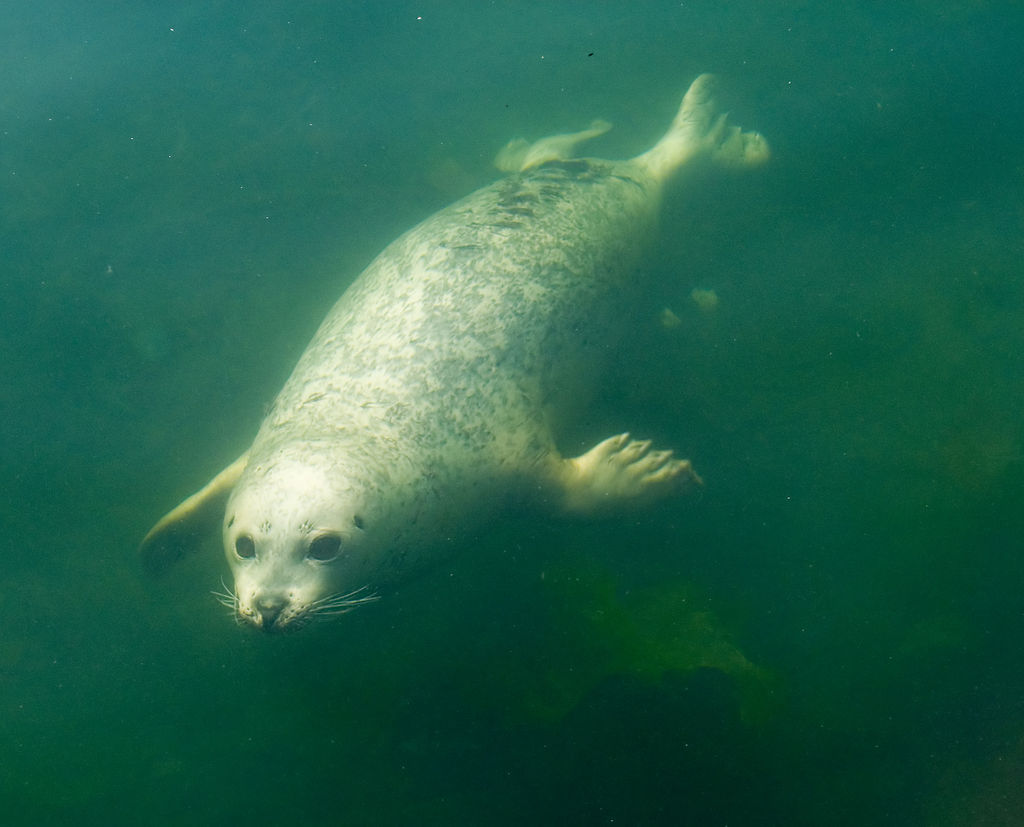Please note: Osher Rainforest will be closed for maintenance Jan. 14–16.
Science News
Fungus Among Us
September 2, 2014
by Molly Michelson

Malassezia is a pesky genus of fungus. It’s behind dandruff and eczema and a lot of human irritation—see what I mean by pesky? Scientists assumed that the fungi evolved to inhabit mammals, but new technologies have found that Malassezia has a much wider reach than our skin.
The fungi are difficult to cultivate in the lab, but researcher Anthony Amend from the University of Hawaii found that they are easily detected through environmental DNA sequencing techniques, “using standard fungal ‘barcoding’ approaches,” according to his study, published last month in PLoS Pathogens.
In fact, the screening discovered species of Malassezia widespread in marine environments, including on seals, fish, plankton, corals and lobsters. Amend suspects that over time, the fungi diversified repeatedly into and out of marine environments.
“We have found multiple new examples of these fungi on corals, sponges, and algae and in water samples, deep sea thermal vents, and sediments from Hawaii and around the world,” Amend says. “Equally as remarkable, a single strain of the noted human associate, Malassezia restricta, is found in some of the most extreme and disconnected habitats on the planet, including arctic soils and hydrothermal vents.
What crazy, extreme organisms!
And are they as pesky in the sea as they are on land? It’s very possible that Malassezia species living on healthy coral and sponge hosts are harmless, but the researchers also found the fungi in coral banding disease lesions in the Palmyra Atoll following a warming El Niño event.
More research is needed, Amend urges. “Residence in such a broad range of habitats is exceptional and clearly ranks this dandruff-causing fungus as one of the most ecologically diverse on the planet,” he says. “Marine Malassezia should most certainly be the focus of future research into the diversity and distribution of this enigmatic group.”
Image: